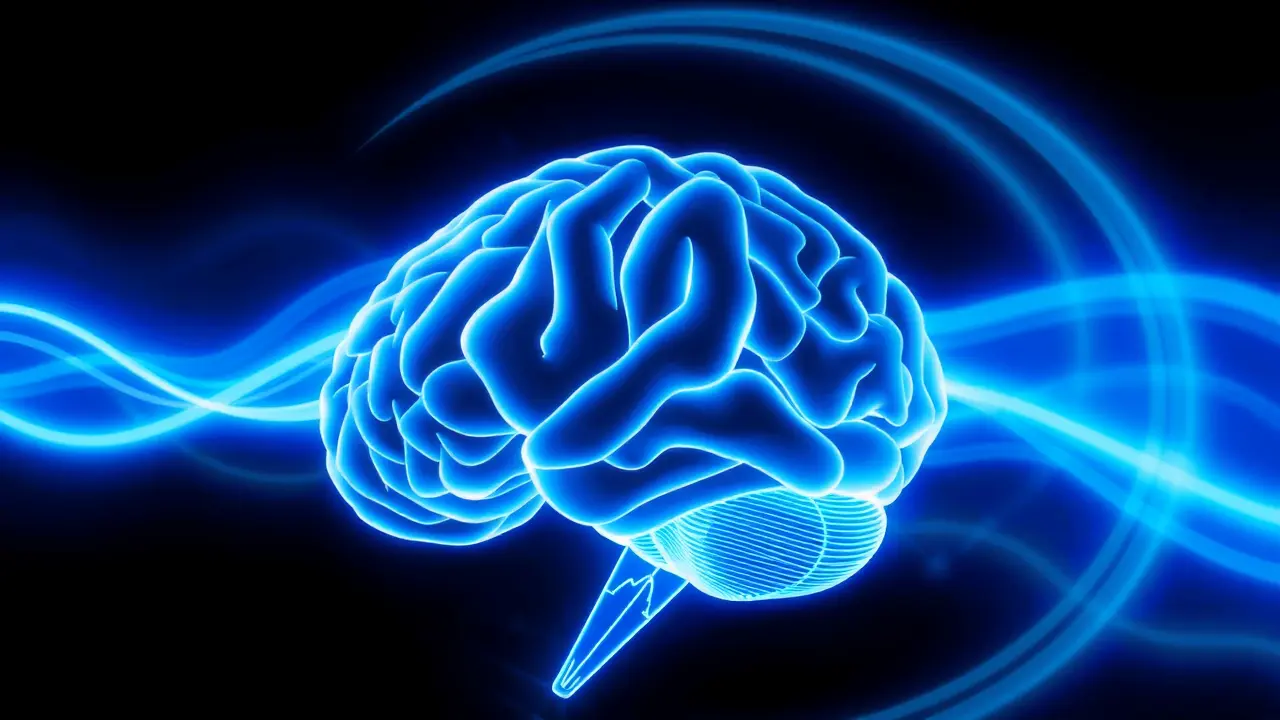
ScienceneuroscienceBrain Mapping
MIT scientists discover how the brain spins back into focus
KE
Kevin White
5 hours ago7 min read1 comments
In a discovery that reads like science fiction becoming scientific fact, researchers at MIT’s Picower Institute have mapped a previously unknown cognitive rhythm—rotating waves of brain activity that act as a biological reset button for focus. Think of it like a spinning gyroscope in the mind; when you’re distracted, this internal mechanism needs to complete a full rotational cycle to restore concentration to its baseline state.The implications are staggering, offering a tangible, biological explanation for a universal human experience. In animal tests, the correlation was undeniable: a complete rotation predicted a full return to the task at hand, while an interrupted, incomplete spin directly correlated with performance errors.This isn't merely an observation; it's a fundamental principle of cognitive function, revealing that the brain requires a specific, measurable period to complete this recovery cycle. It’s a finding that bridges the gap between abstract psychology and hard biology, suggesting our focus operates on a rhythmic, almost mechanical timetable.For the field of neurotechnology, this is a watershed moment. Understanding this precise mechanism opens the door to next-generation interventions for attention-deficit disorders, where therapeutic tools could one day be designed to encourage or even complete these restorative rotations.Beyond clinical applications, this research, published in a leading journal, fundamentally challenges our perception of mental performance. We often berate ourselves for lapses in concentration, but this study shows that such recovery is not an instantaneous act of will; it's a biological process with its own inherent speed limit.It’s the neural equivalent of a computer rebooting its operating system—a necessary, time-consuming procedure to clear corrupted data. As we push the boundaries of human-computer interaction and artificial intelligence, grasping these organic processing loops becomes critical.Could future AI systems be designed with similar 'cognitive rhythm' protocols to manage their own processing loads? The work at MIT provides a foundational blueprint, not just for understanding the human brain, but for potentially reverse-engineering its most elegant recovery systems. This is the kind of pioneering biology that doesn't just describe how we work; it prescribes how we might build a healthier, more focused future.
#featured
#MIT
#brain waves
#cognitive focus
#neuroscience
#attention
#research
Stay Informed. Act Smarter.
Get weekly highlights, major headlines, and expert insights — then put your knowledge to work in our live prediction markets.
Related News
© 2025 Outpoll Service LTD. All rights reserved.
